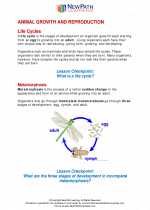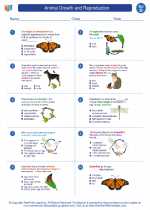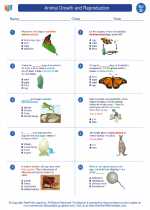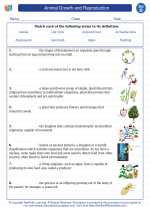Tropical Rainforest
A tropical rainforest is a type of ecosystem characterized by high levels of rainfall, dense vegetation, and high biodiversity. These forests are typically found near the equator in regions such as the Amazon Basin, Congo Basin, and Southeast Asia.
Climate
Tropical rainforests have a hot and humid climate with high levels of rainfall throughout the year. The average temperature is around 25°C (77°F) and can vary only slightly throughout the year. The high levels of rainfall support the lush vegetation and diverse animal life found in these regions.
Flora and Fauna
The flora in tropical rainforests is incredibly diverse, with a wide variety of plant species including towering trees, epiphytes, and vines. These forests are home to a vast array of animal species, including colorful birds, insects, reptiles, and mammals such as monkeys, sloths, and big cats. The high biodiversity in tropical rainforests makes them one of the most ecologically important ecosystems on the planet.
Importance
Tropical rainforests play a crucial role in regulating the Earth's climate, providing habitat for numerous species, and producing oxygen through photosynthesis. They also offer potential sources for new medicines and are important for indigenous cultures and traditional knowledge.
Study Guide
- What are the characteristics of a tropical rainforest climate?
- Describe the flora and fauna found in tropical rainforests.
- Explain the importance of tropical rainforests to the environment and human society.
- Identify at least three regions where tropical rainforests are typically found.
- Discuss the threats facing tropical rainforests and their potential impact on the planet.
◂Science Worksheets and Study Guides Fourth Grade. Animal Growth and Reproduction

 Activity Lesson
Activity Lesson
 Worksheet/Answer key
Worksheet/Answer key
 Worksheet/Answer key
Worksheet/Answer key
 Worksheet/Answer key
Worksheet/Answer key
 Worksheet/Answer key
Worksheet/Answer key
 Vocabulary/Answer key
Vocabulary/Answer key
 Vocabulary/Answer key
Vocabulary/Answer key
 Vocabulary/Answer key
Vocabulary/Answer key
 Vocabulary/Answer key
Vocabulary/Answer key
 Vocabulary/Answer key
Vocabulary/Answer key
